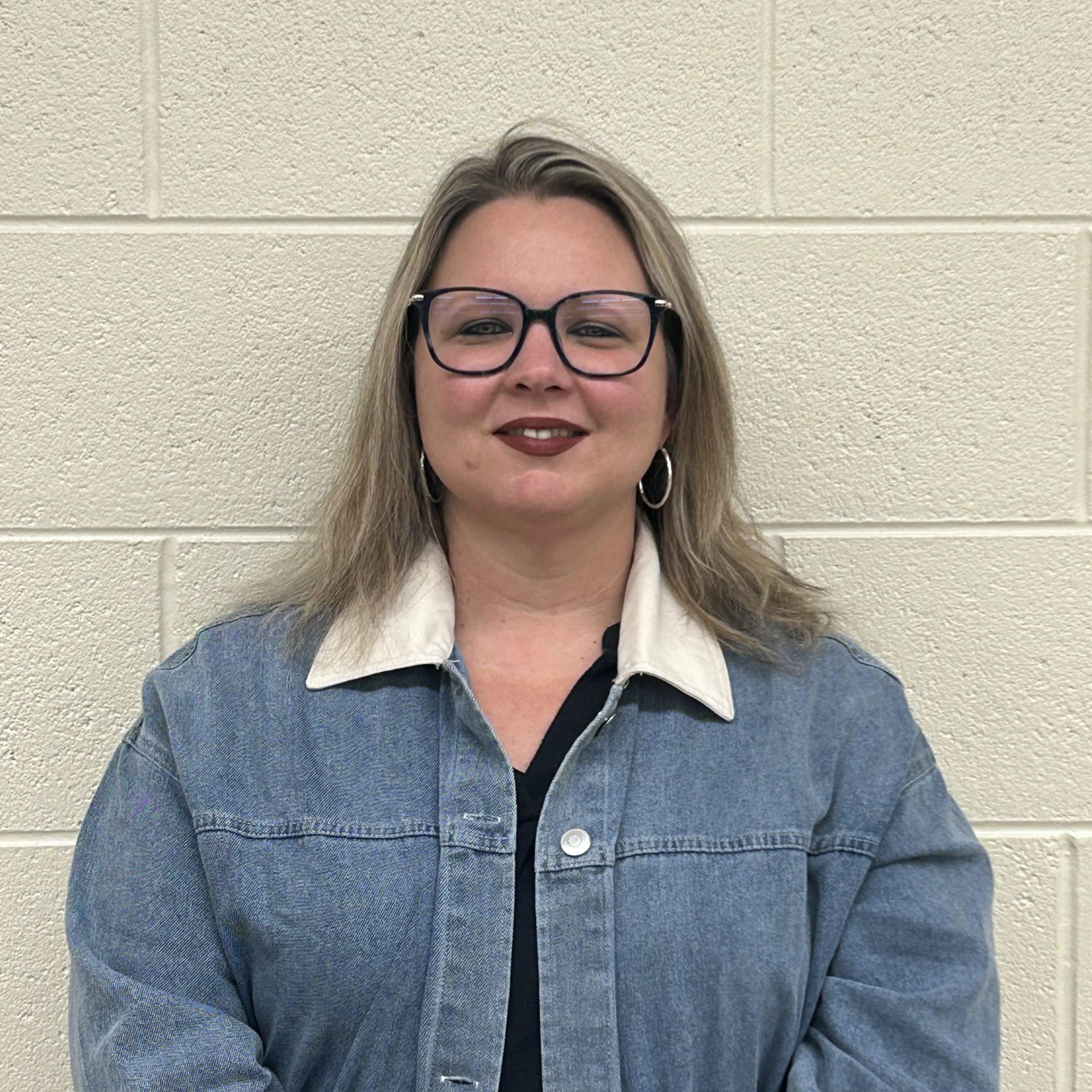My View: Five — My Hope for the Future
As we enter statewide standardized testing season, I find myself reflecting on this school year and the series of articles I have written about the Read by Grade Three Law.

I think about the main point I wanted to make in sharing my experiences and concerns with the law. It’s this—that ultimately our voices need to be heard and respected for the direct impact we have on our students and their learning.
Real change occurs when courageous people unite in a show of solidarity and speak their truth.
Real change occurs when brave individuals continue to speak their truth in the face of adversity.
Real change occurs when emboldened people agree to sit side by side and acknowledge they have more in common than they have differences, and they are willing to listen to one another to collaboratively solve problems.
Thank you to all of the audacious educators who shared their experiences and feedback this school year with one another, with administrators, with students, parents, and policy makers. You made important contributions to igniting real change.
Advocating for your needs is advocating for your students and their needs. Our silence about bad policies and systems is viewed as compliance with them. Our children need and deserve better; we are their voice.
As I wrap up this series today, I wonder why lawmakers didn’t see the need to provide schools with the money necessary to provide struggling readers with more resources.
This law is simply about identifying low and struggling readers, telling school districts and teachers to monitor and fix these problems on their own, and doling out the punishment of retention if and when the school district’s plan fails.
Only a small fraction of the money needed is provided to school districts to put resources in place to support these struggling children, such as hiring reading specialists, reducing class sizes, purchasing and providing training on research-based interventions, more intensive summer reading programs, before- and after-school tutoring programs, providing more wrap around services like full-time social workers, counselors, or school nurses, or many other possible solutions.
Our kids deserve a firm foundation in literacy and that requires a thoughtful plan with the funding for necessary resources. In order to create the best policy and systems possible, we need all stakeholders’ voices to be heard and respected.
My hope is that in the near future, Michigan students, educators, and families will feel supported. They will not be left alone to solve the literacy issues facing our children.
Real change can and will happen with your help.
My View: One—The Courage of a Teacher
My View: Two–My Third–Grade Questions


